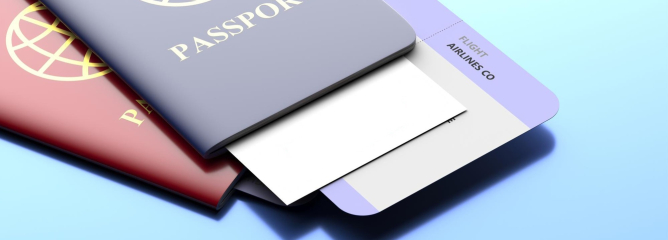
Aruba is an island country, part of the Kingdom of the Netherlands, located in the southern Caribbean Sea, off the coast of Venezuela and northwest of the island of Curacao.
Aruba has no land borders with other countries. It is washed by the waters of the Caribbean Sea.
The capital is the city of Oranjestad.
The formal head of state is the monarch of the Netherlands, who appoints the governor of Aruba for a six-year term. The Dutch government is also responsible for foreign affairs and defense. Internal affairs are handled by the State Parliament, which has 21 members elected for a four-year term by popular vote, and a cabinet of ministers consisting of 8 members. Notably, Aruba has greater autonomy in managing its internal affairs compared to other islands in the Caribbean such as Curacao and Sint Maarten.
The climate is tropical marine. Temperatures on the island of Aruba range from 27-32°C (81-89°F) all year round, making it a great destination for a beach getaway. There is low air humidity and minimal precipitation, which falls in the form of short showers between October and December.
Population: about 107,000 people (2021).
The official language of Aruba is Papiamento, which is also the common language of communication among the local population. In addition, many speak English and Dutch.
Aruba's economy is heavily dependent on tourism and related industries, as well as oil production and refining. Here are more details:
Tourism plays a key role in Aruba's economy. Tourism creates jobs and brings significant income to the country. The island is famous for its snow-white beaches with warm and crystal clear waters of the Caribbean Sea. Popular beaches: Eagle Beach, Palm Beach and Baby Beach. Aruba is also an excellent place for diving and snorkeling due to the diversity of underwater life and coral reefs. On the island you can visit such places as: Arikoki National Park. This park occupies a large part of the island and offers unique natural beauty, including sand dunes, caves, natural bridges and varied vegetation. The historic district of Oranjestad, the California Lighthouse and many other interesting sights.
Petroleum Industry: Aruba has several oil refineries that provide a share of the oil industry's revenue. However, this sector is less significant compared to tourism.
The standard of living in Aruba is generally high for the Caribbean region. The island offers access to modern services and infrastructure.
Aruba's medical system provides basic health care to the population. However, more serious medical services or treatments may require health insurance and/or medical care on the mainland.
Education in Aruba is compulsory and free for children under 18 years of age. The education system offers basic, secondary and higher education. The level is generally high.
The island is considered relatively safe for tourists and residents. However, in some areas there is a problem with stray animals.
In Aruba, Dutch citizenship laws apply; residents do not have their own citizenship. Citizenship by birth may be granted depending on the status of the parents and place of birth. If one or both parents are Dutch (including Aruba) citizens at the time of the child's birth, then the child may be entitled to citizenship.
